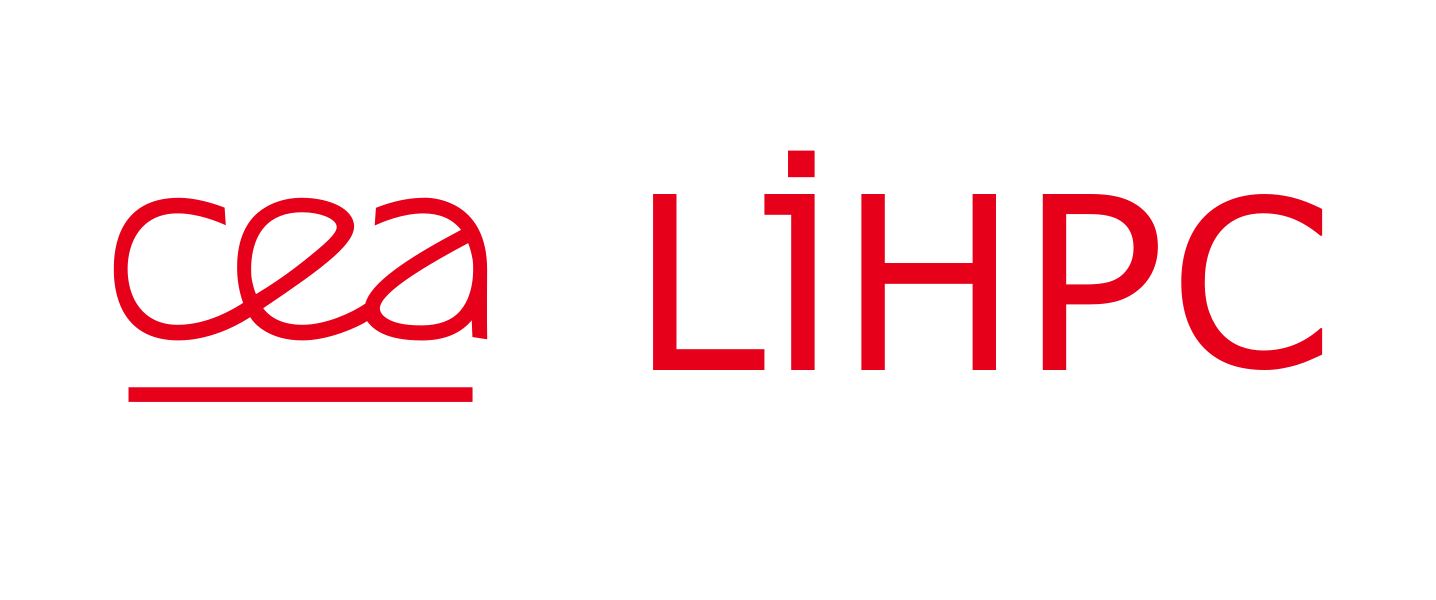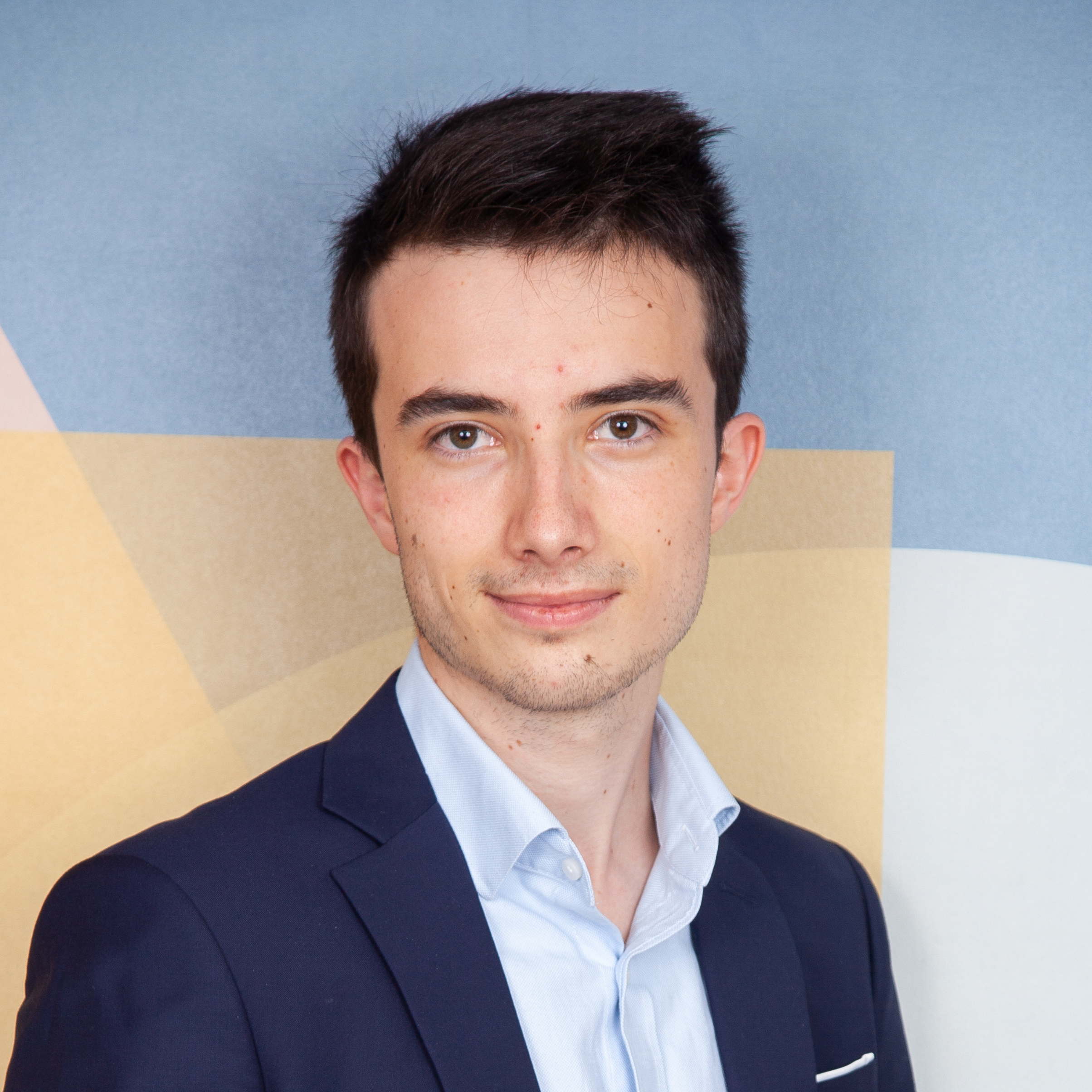Brice CHICHEREAU est actuellement doctorant au CEA. Son directeur de thèse est Patrick CARRIBAULT, Ingénieur Chercheur HDR du CEA, son co-directeur est Stéphane VIALLE, Enseignant-Chercheur à CentraleSupélec.
Le sujet de thèse de Brice est le suivant : “Calculs sur accélérateur quantique pour l’exploitation optimisée de supercalculateurs”. Le calcul quantique est un nouveau paradigme de calcul qui repose sur les propriétés quantiques de systèmes physiques afin de réaliser certaines tâches calculatoires plus rapidement ou efficacement. L’objectif de cette thèse est d’évaluer la possibilité d’exploiter ce paradigme de calcul dans un contexte de calcul haute performance notamment dans le but d’améliorer la pile logicielle des supercalculateurs.
IEEE International Conference on Quantum Computing and Engineering, 2023

abstract
Abstract
Quantum computers exploit the particular behavior of quantum physical systems to solve some problems in a different way than classical computers. We are now approaching the point where quantum computing could provide real advantages over classical methods. The computational capabilities of quantum systems will soon be available in future supercomputer architectures as hardware accelerators called Quantum Processing Units (QPU). From optimizing compilers to task scheduling, the High-Performance Computing (HPC) software stack could benefit from the advantages of quantum computing. We look here at the problem of register allocation, a crucial part of modern optimizing compilers. We propose a simple proof-of-concept hybrid quantum algorithm based on QAOA to solve this problem. We implement the algorithm and integrate it directly into GCC, a well-known modern compiler. The performance of the algorithm is evaluated against the simple Chaitin-Briggs heuristic as well as GCC's register allocator. While our proposed algorithm lags behind GCC's modern heuristics, it is a good first step in the design of useful quantum algorithms for the classical HPC software stack.







